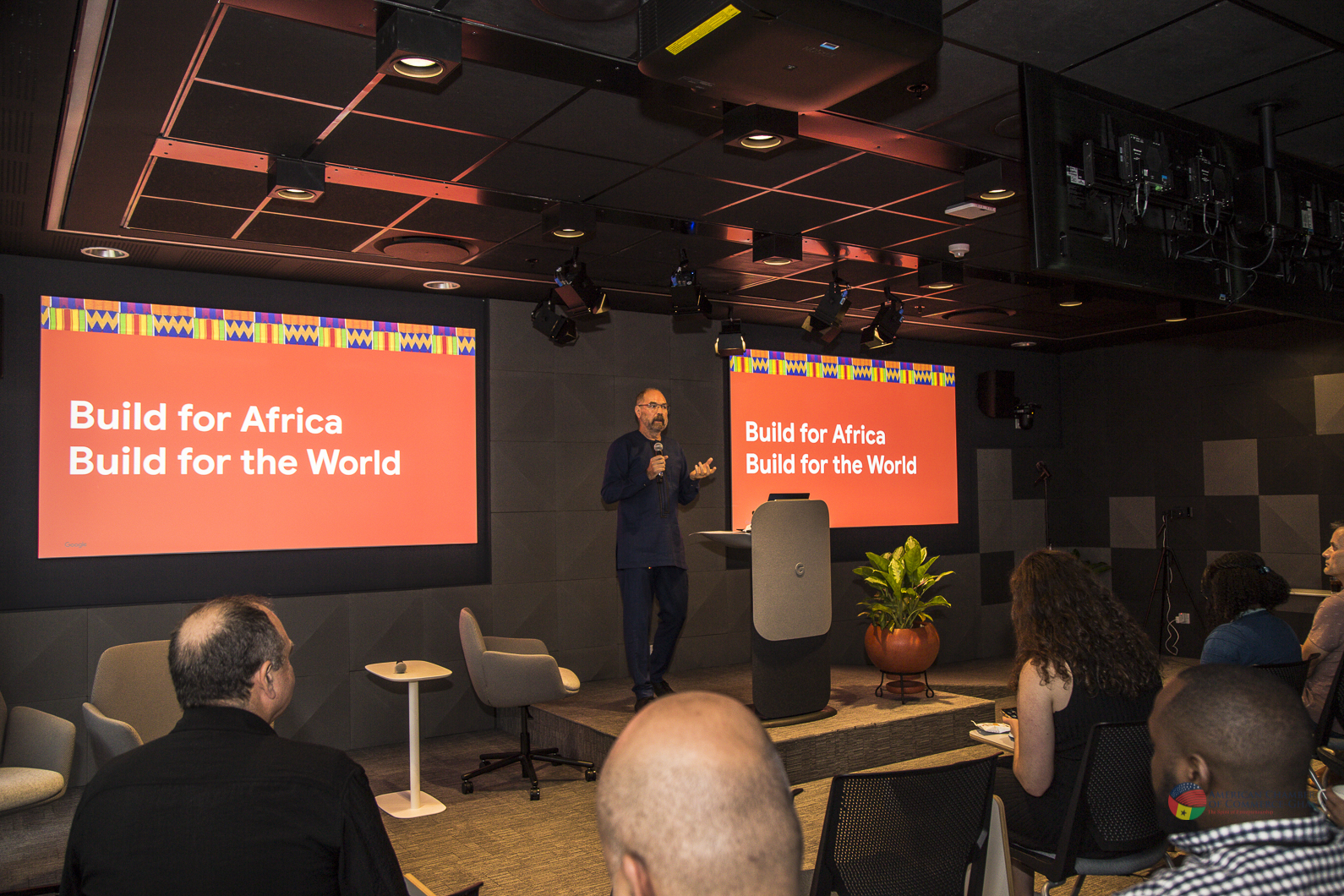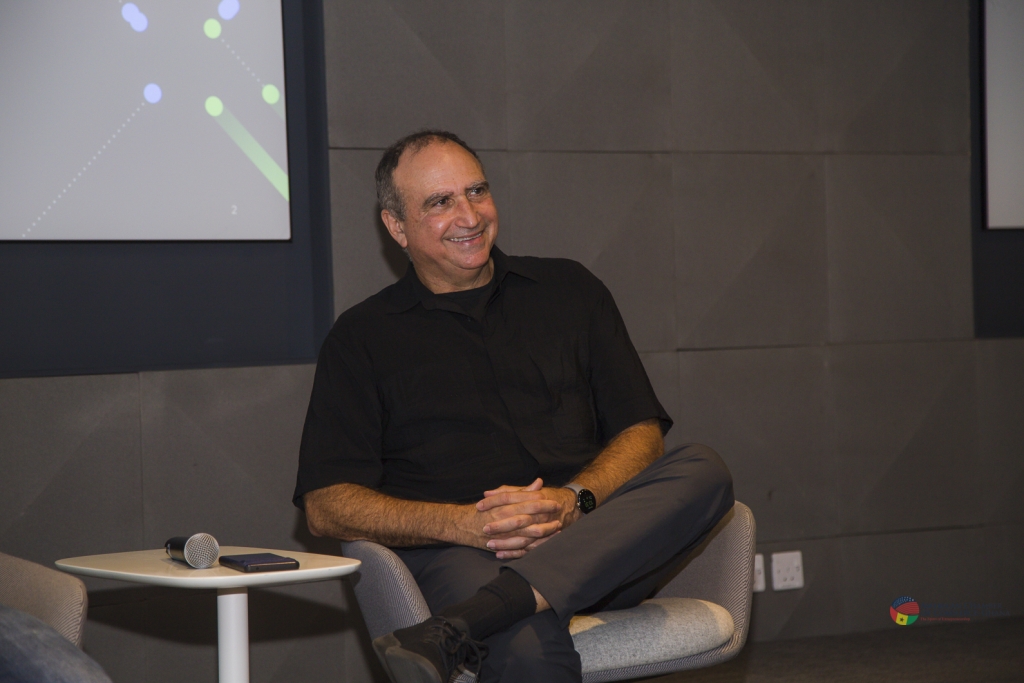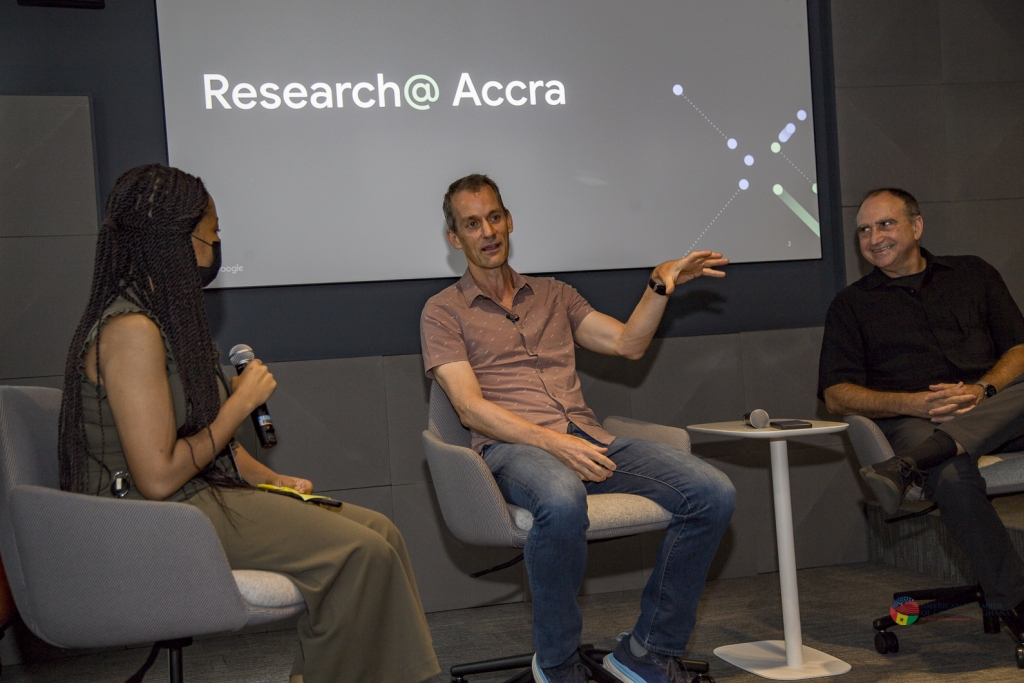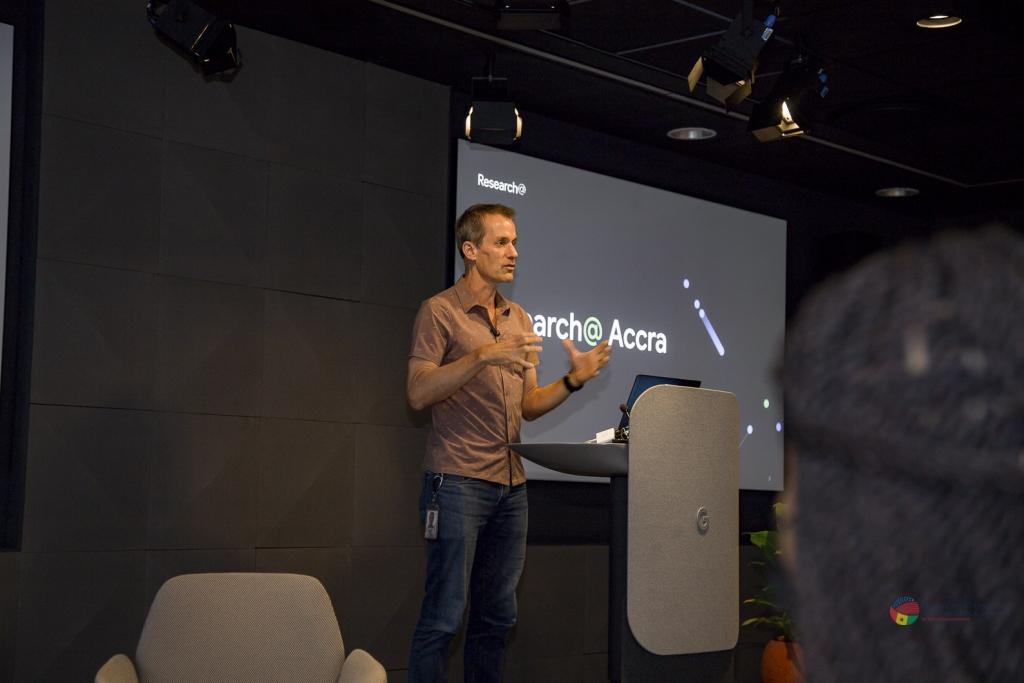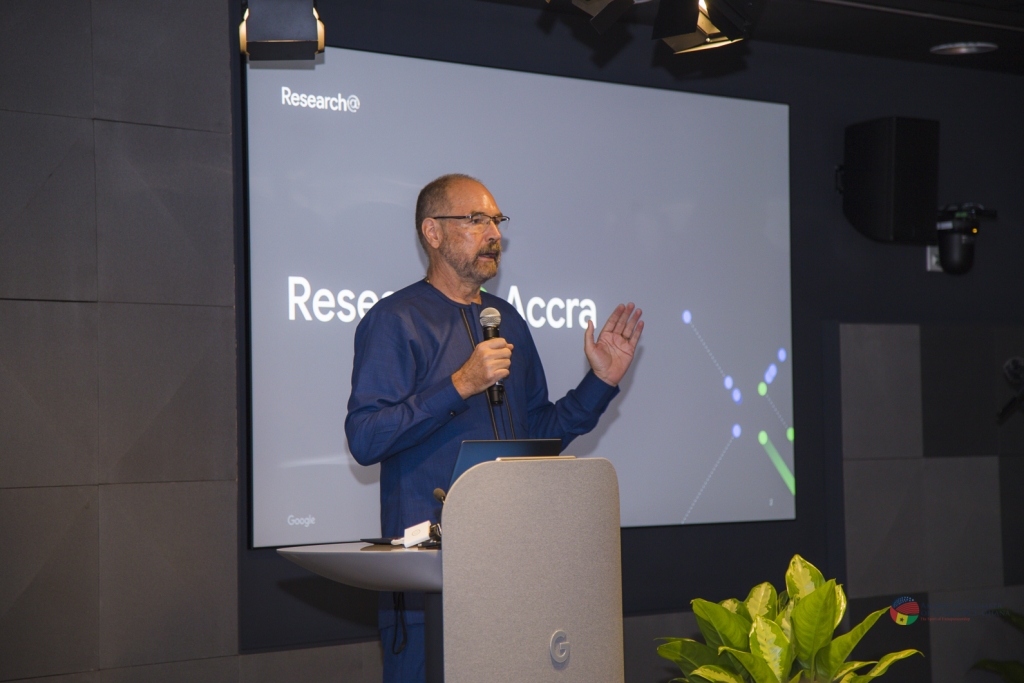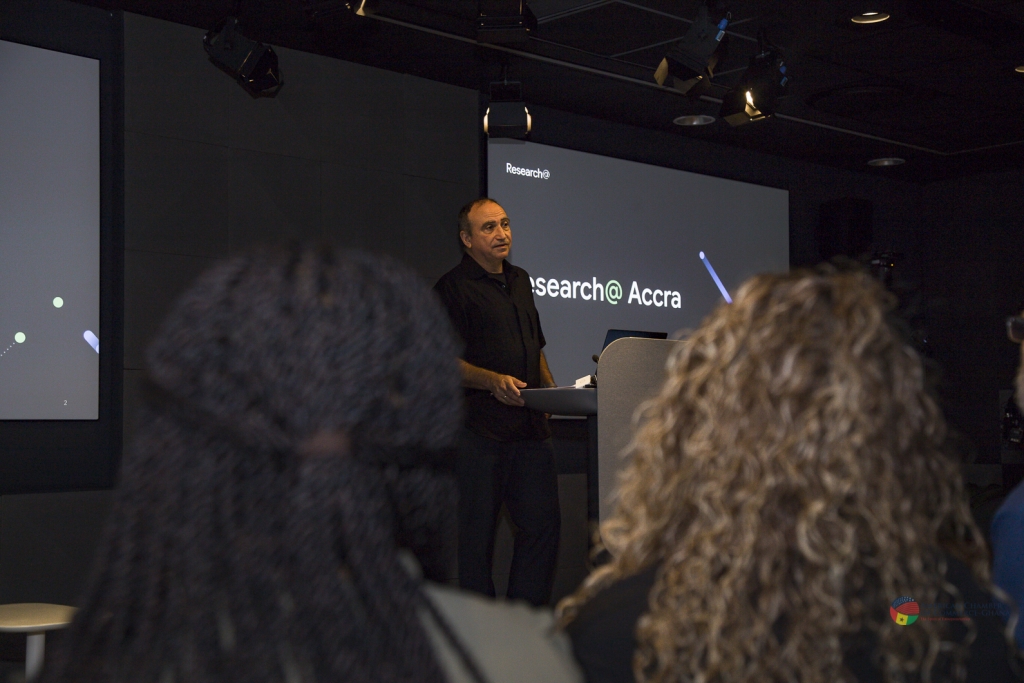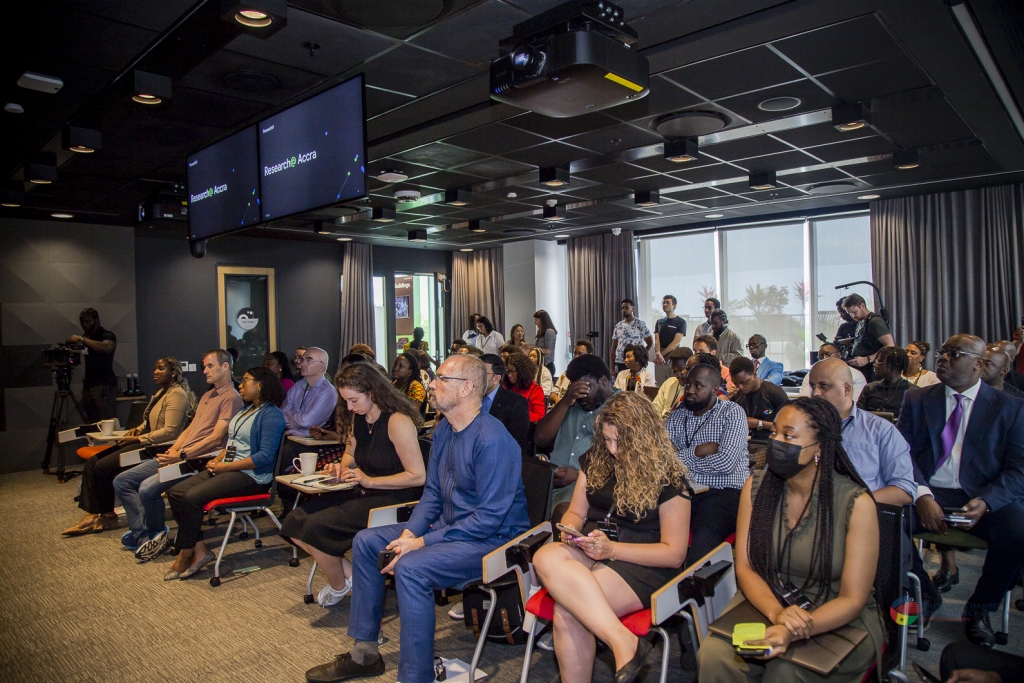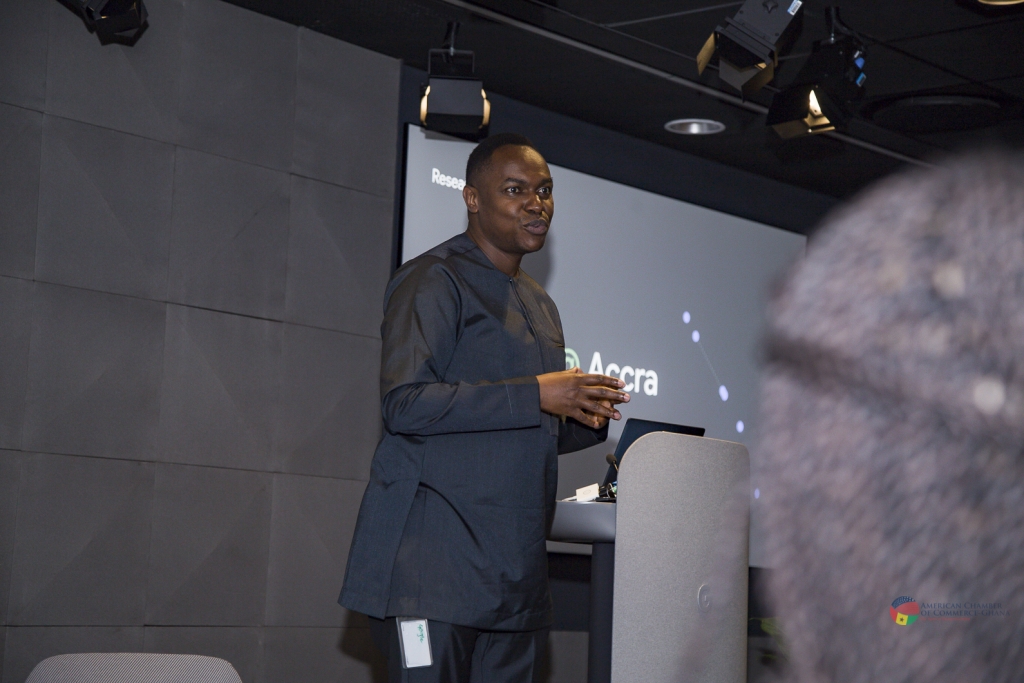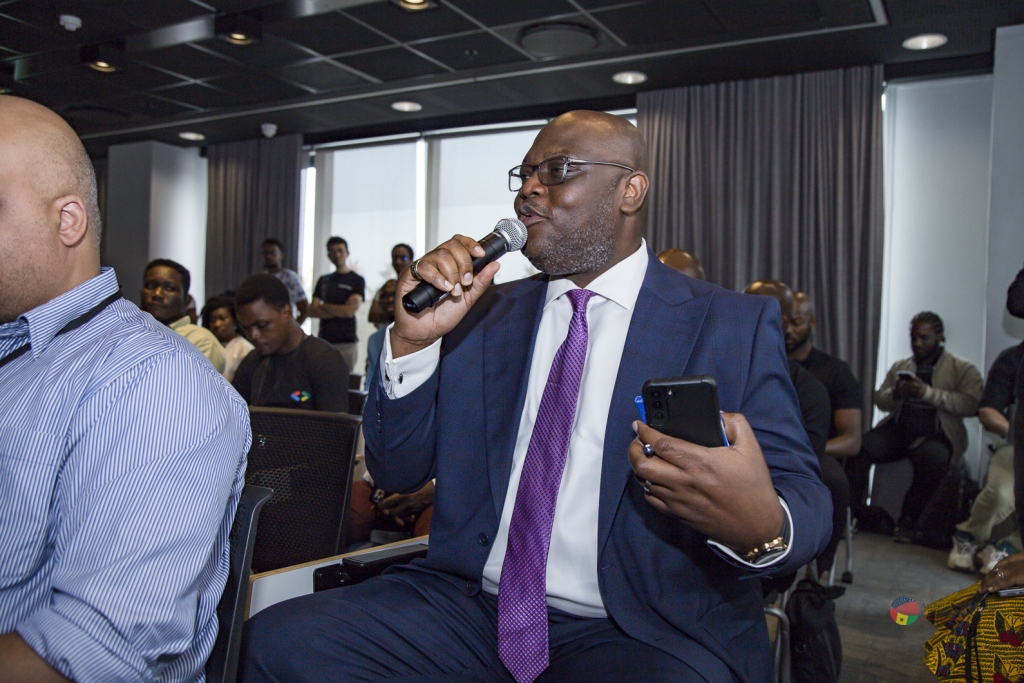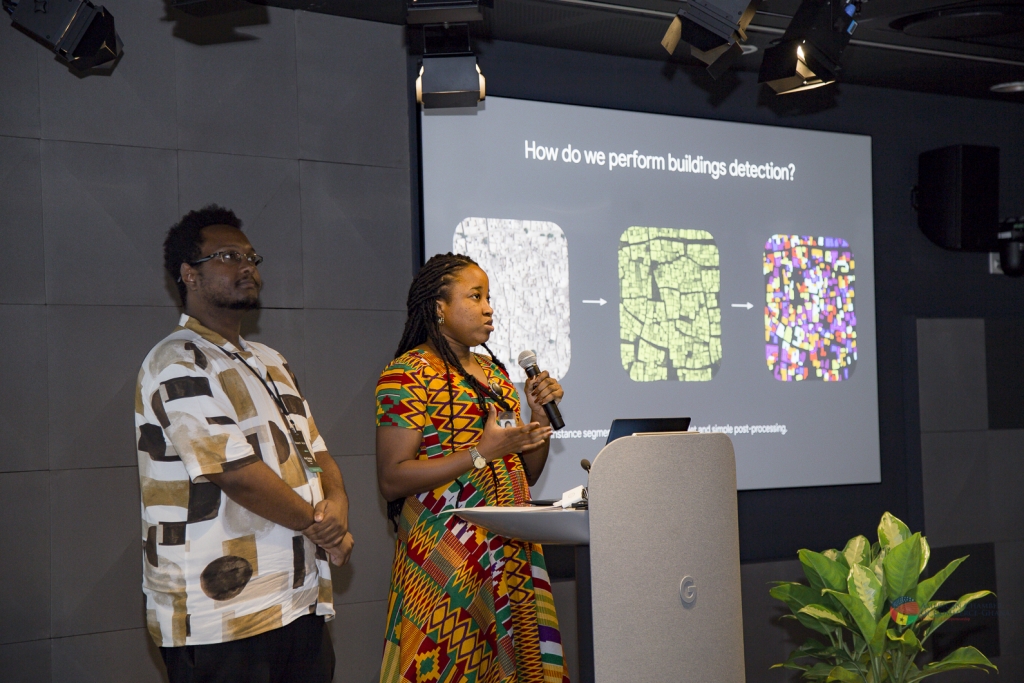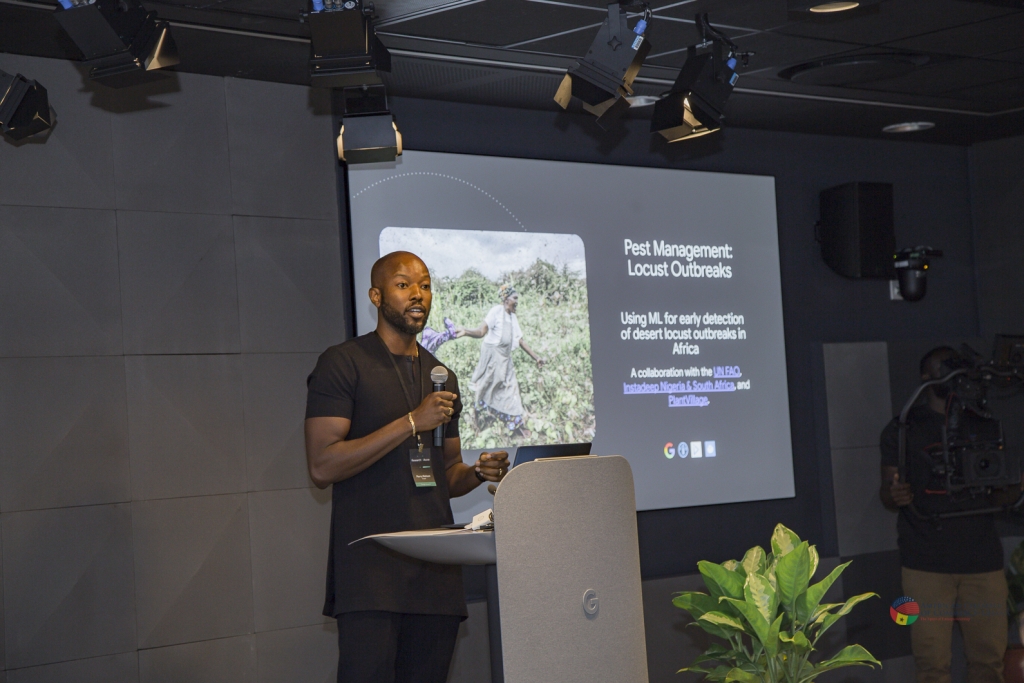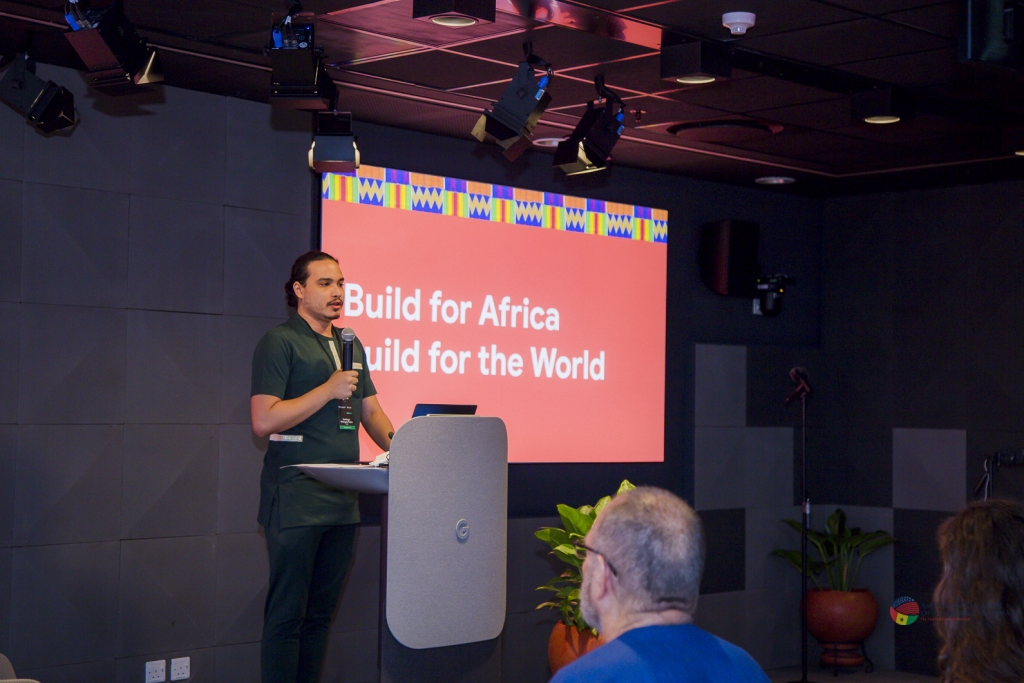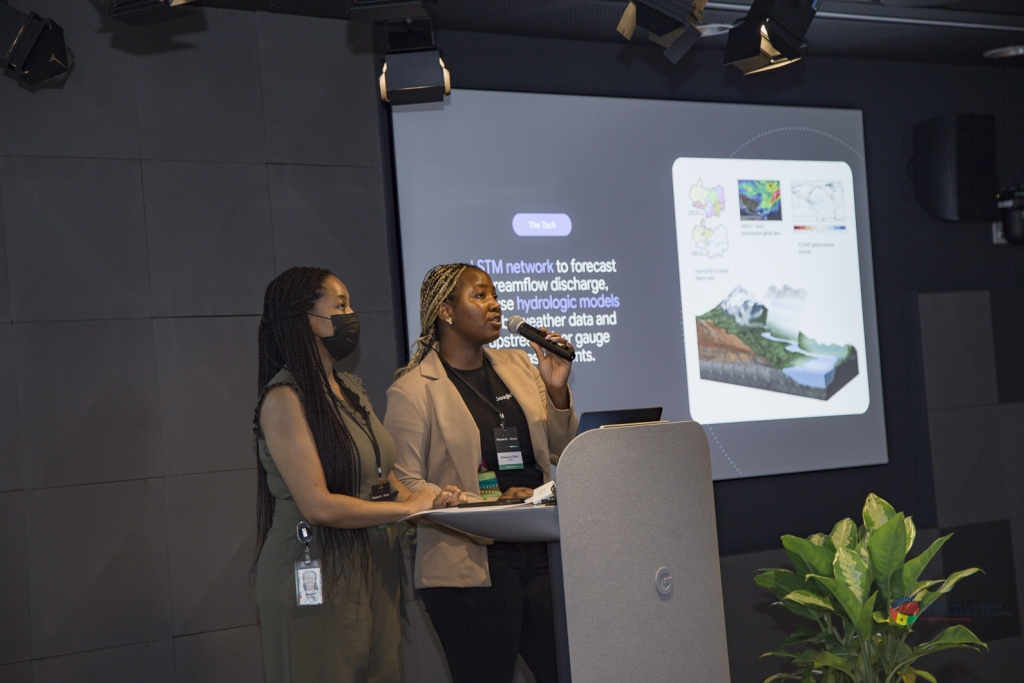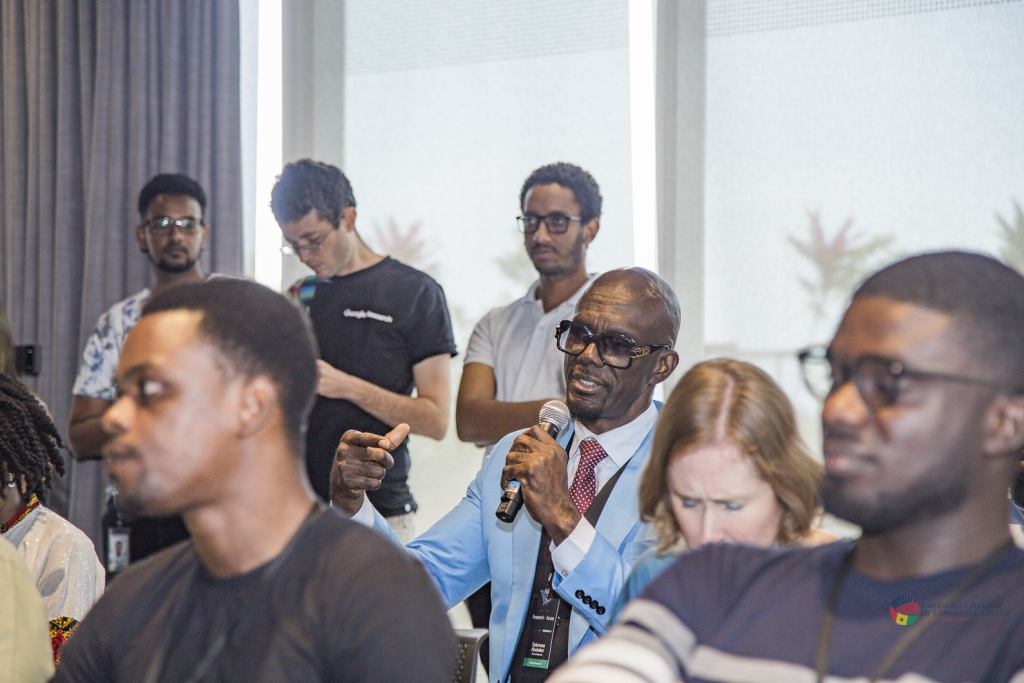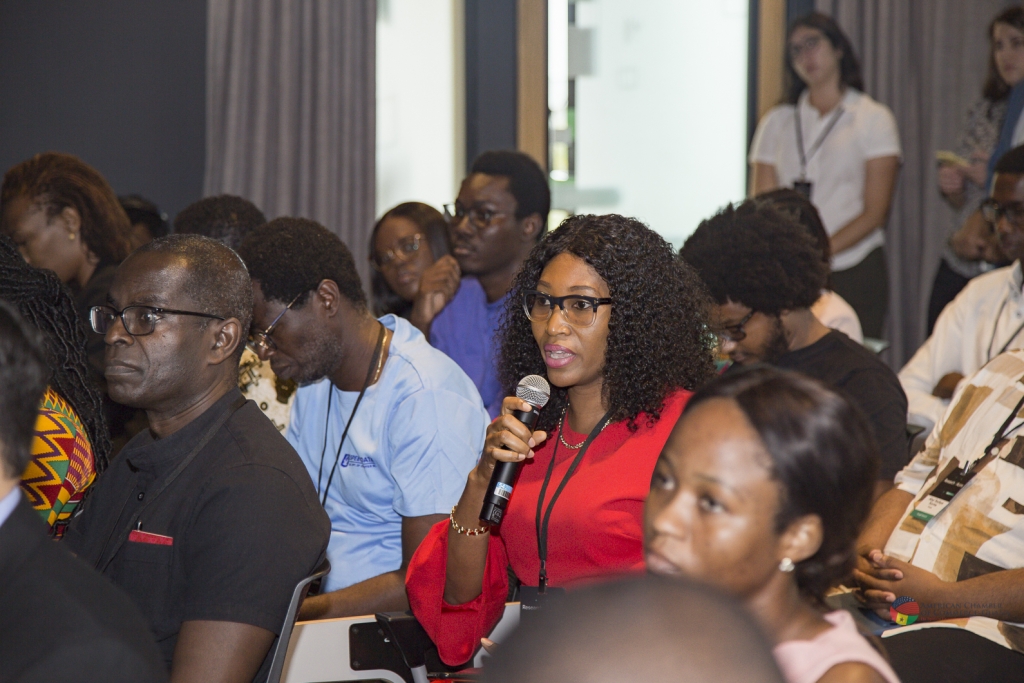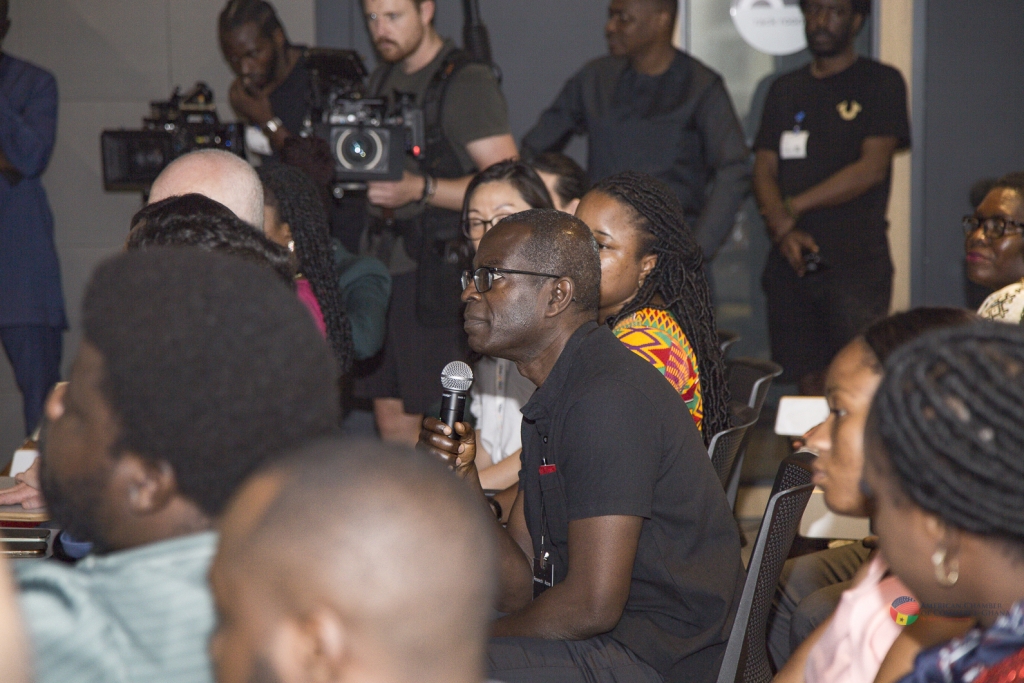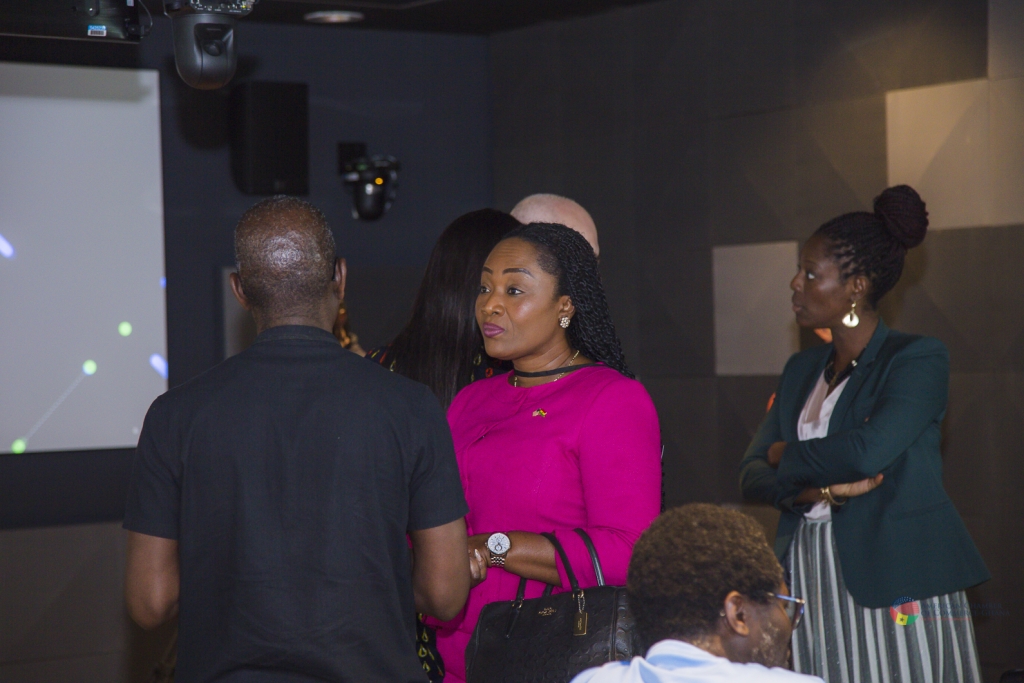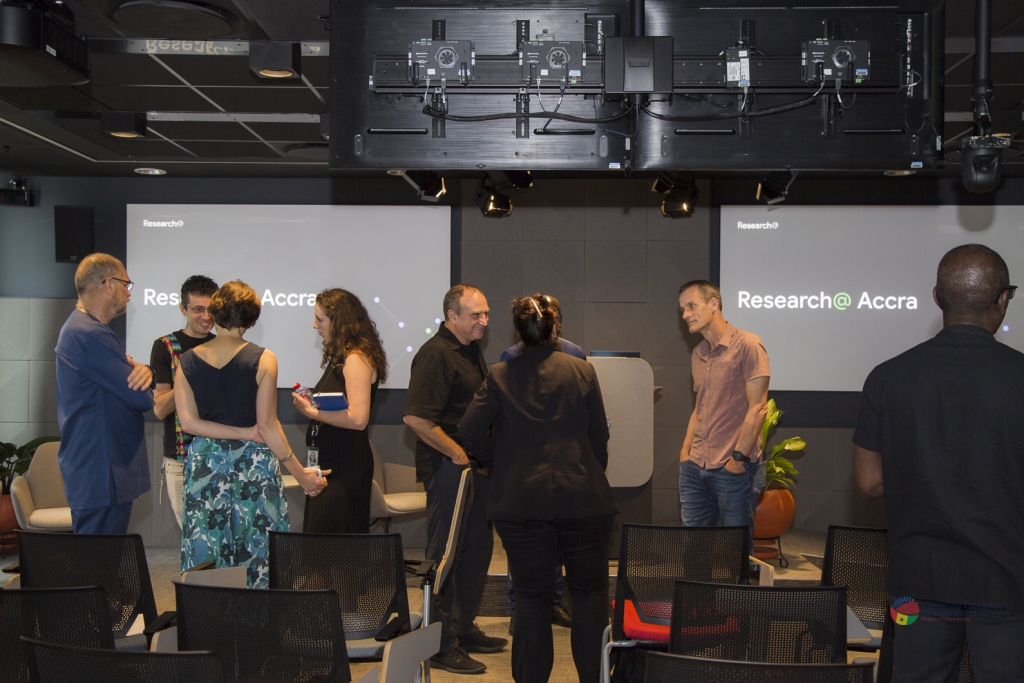Google, on Thursday, September 7, 2023, hosted the Research @ Accra event at the company’s AI research lab in Accra to discuss the future of artificial intelligence in Africa and highlight the various advancements achieved in the areas of navigation, language, weather forecast, flood control, and food security on the continent.
Since opening the company’s research center in Accra in 2018, they have collaborated with global research teams to lead multiple sustainability initiatives of interest to Africa.
The event featured presentations and demos of Google’s works in Flood Forecasting, Project Relate, Maternal Health Ultrasound, and Open Buildings. Google said the center in Africa aims to push the boundaries of AI while solving pressing problems affecting millions of people locally and globally.
Africa is the most linguistically diverse continent, and Google believes there are big opportunities to explore the various African languages through AI. The company, through its Waxal system, is creating Natural Language Processing (NLP) resources using crowdsourced speech and text data of diverse African languages and using it to research novel architectures and deep learning algorithms for multilingual NLP systems (Speech, NMT, Q&A, LM, etc.) that are robust to variations in accents, code-switching, and targeted at low-end mobile devices. They believe Waxal will make NLP systems more inclusive while advancing the state of the art in deep learning for NLP and machine learning under severe memory/computing constraints.
Mapping buildings in remote locations can be challenging, even in the presence of satellite imagery. As a result, planning infrastructure can be difficult when these buildings go unmapped.
To tackle the issue, the team at the Accra research center launched the Open Buildings dataset project, which combines AI with satellite imagery to pinpoint the location of buildings. This helps governments and non-profit organizations to understand the needs of residents and offer assistance.
The company’s executives also encourage regulators and policymakers on the continent not to focus on controlling AI but also to seek a better understanding of the technology to make policies that won’t chamber progress but encourage its development to ensure advancement in healthcare, education, and agriculture.

